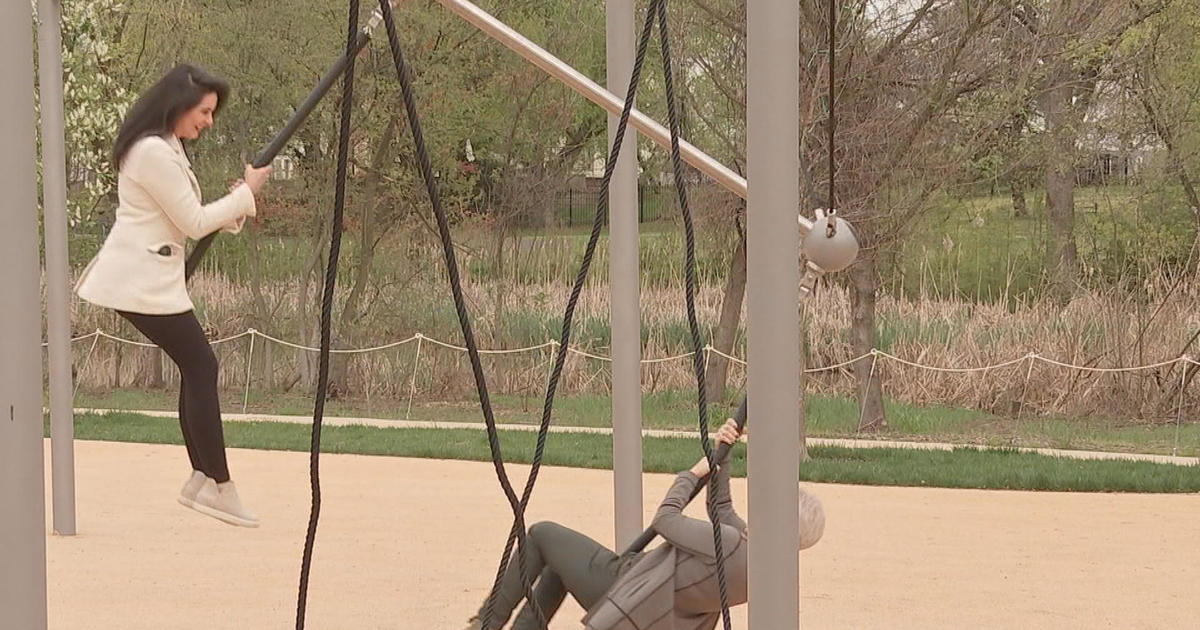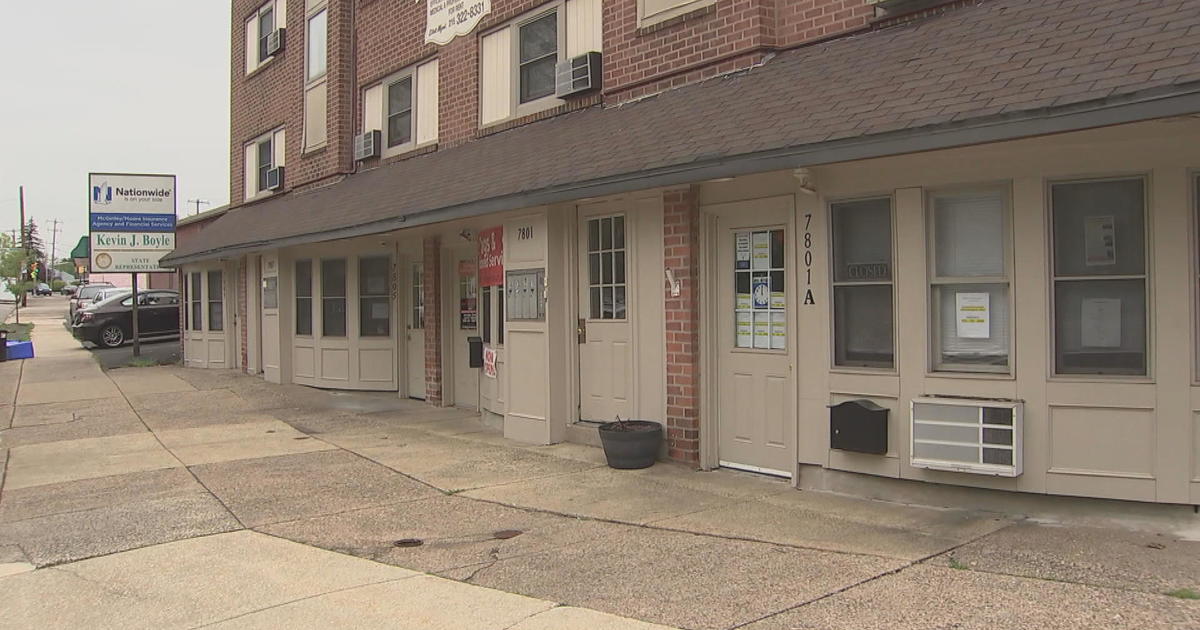Movie Review: 'Denial'
By Bill Wine
PHILADELPHIA (CBS) -- Sometimes, when the basic material is strong, the best thing a movie maker can do is just tell his story and not get in the way.
And sometimes that's just not quite enough.
Both things are true with Denial, a legal docudrama about Holocaust denying that's a bit too retiring and polite for its own good, but that is nonetheless consummately acted and emotionally powerful.
In 1993, Emory University professor Deborah Lipstadt, an acclaimed American writer and historian portrayed by Rachel Weisz, is appearing in public promoting her new book, "Denying the Holocaust: The Growing Assault on Truth and Memory."
At one of her appearances, a well-known anti-Semite named David Irving, played by Timothy Spall, crashes the question-and-answer session and accuses her of claiming in public that he was characterized as claiming Adolf Hitler was a friend to the Jews.
She refuses to debate him.
Consequently, two years later, he sues her for libel.
Tom Wilkinson plays Richard Rampton, the close-to-the-vest barrister who takes her case and tries, along with celebrity solicitor Andrew Julius (Andrew Scott), to make the case as low-key as possible, thus keeping Irving from being able to parade his noxious views before the public.
The trial that ensues – after Lipstadt and Rampton visit Auschwitz together, which Jackson shoots on location -- puts the full history of the Holocaust on trial.
Mick Jackson ( L.A. Story, The Bodyguard, Volcano), directing his first theatrical feature (as opposed to television projects) in about a decade-and-a-half, works from a script by David Hare, based on the book by Lipstadt, "History on Trial: My Day in Court with a Holocaust Denier."
Much of the screenplay comes from actual transcripts and recordings of both sides, perhaps suggesting that a bit more dramatic license might have been in order.
It's a challenge for Hare's screenplay to delve into England's labyrinthine libel laws without losing the audience in an avalanche of dry explanation and dense legalese, but he manages that feat rather nicely.
What it boils down to is this: the burden of proof is on the defendant to prove that the Holocaust was not a hoax.
That is, in the battle for historical truth that characterizes this particular English libel case, the accused must prove that the Holocaust actually occurred.
Because of what did actually occur during the trial, because Lipstadt's lawyers' strategy involves no testimony from Holocaust survivors and Lipstadt remaining low-profile during the trial – a painful exercise in self-denial for her -- the film's narrative gives us fewer emotional fireworks and a less active protagonist than we are used to on the movie screen in this kind of courtroom drama.
However, the three central performances are so strong, we can live with it.
Weisz, who won the Oscar for Best Supporting Actress for The Constant Gardener, is superbly expressive in what is often a silent role, and the consistently excellent two-time Oscar nominee (for In the Bedroom and Michael Clayton) Wilkinson matches her throughout.
But the movie is nearly stolen by Spall, who is magnificent, showing us what's beneath the bluster in a role that could easily have been a mustache-twirling caricature.
And, interestingly enough, it might be mentioned that, whether intentional or not, the truth-telling theme that runs throughout the film resonates in today's political climate and especially regarding our current presidential election, as the script not only implies but articulates the concept that it's one thing for people to own opinions, but it's quite another for them to "own" facts.
Anyway, we'll sue 3 stars out of 4. Denial pays a price for adhering to the strict truth, but there's no denying its quiet, understated power.



